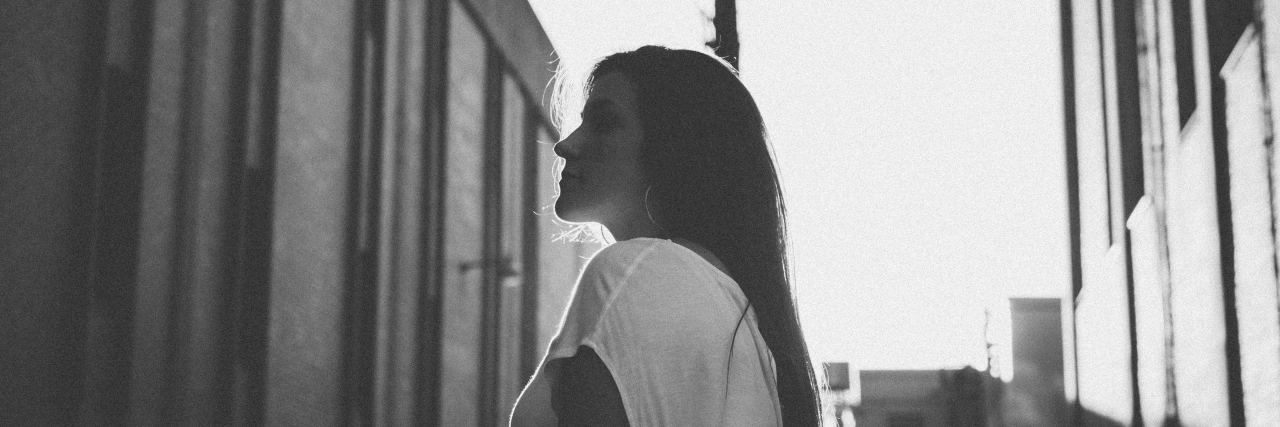When My Parents Had Difficulty Understanding My Bipolar Diagnosis
On this July morning in the mountains, the air had a slight bite to it. We had just started eating and I made some stray comment, one that felt mild at the time, so innocuous that I can’t even remember it now. And this is what I heard back in response: “You’re so sensitive, Teresa.”
• What is Bipolar disorder?
I’d “come out” to my family the Christmas before with my diagnosis of bipolar II disorder. The response was less than enthusiastic, though not particularly negative. Since then, my husband and I both observed small changes in how my parents and sisters responded to me: more likely to discount my words, more likely to brush off enforcement of boundaries. None of it was overt, and I doubt they were even aware of the shift. Without my husband’s objective validation, I would have thought I was imagining things and just “being sensitive.”
And now, here it was. “You’re so sensitive.”
Since my diagnosis, I’d done a lot of research on bipolar disorder, sorting through which symptoms I’d experienced, how they’d impacted relationships, the degree to which they manifested. Through my research, I uncovered that my disorder spontaneously manifested at a very young age; I can identify symptoms clearly starting at the age of 6, although they may have existed even earlier. I’d been told I was “too sensitive” most of my life, a common refrain planted deeply into my identity. Until recently.
I put my fork down. It was time to educate. “Did you know that ‘you’re so sensitive’ and ‘you’re so intense’ are phrases commonly associated with people who have bipolar?” I responded.
“You can’t just use bipolar as an excuse, Teresa!” my mother threw back at me. Staying calm, I gave the only response possible. “It’s not an excuse; it’s an explanation. My bipolar influenced my personality strongly; I’m only now sorting out how it’s distorted my perceptions, my responses and my relationships.”
My dad intervened. “I just don’t understand what ‘bipolar’ means, Teresa. What is it?” We spent the next 45 minutes discussing what bipolar disorder is and isn’t, where mine falls on the spectrum and how I knew it was coded into my genes. “Look at the family history on both sides. mental illness isn’t just sprinkled among us; it’s all over. Depression, anxiety, bipolar disorder, ADHD and more — it’s a genetic inheritance.”
My mother’s face eased. “Really? It’s genetic?” In that moment, I understood what was driving her stigma: fear. I forget that parents often take responsibility for what happens in the lives of their children, even as adults. I don’t blame my parents for my bipolar disorder; it was beyond their control. They raised a child not knowing the battle raging in my mind. They did a good job. My messy adulthood is not a reflection of them, but of my poor coping mechanisms. As much as my diagnosis helped me put my own past into perspective and remove some of my own shame, I think it has the potential to do the same for my mother because she understands its real-life impacts better.
The conversation ended with hugs and love. While I know one conversation was not enough and that I must continue to educate, it feels as though the edge is off now. I’m growing and learning new skills, and they’re incorporating this new side of me. We’re all having to adjust to this new reality, this reality that always was. We’re human, so it’s messy; we’re family, so we press on.
Follow this journey here.
Unsplash photo via Chad Madden

